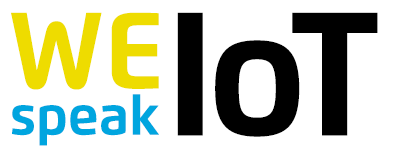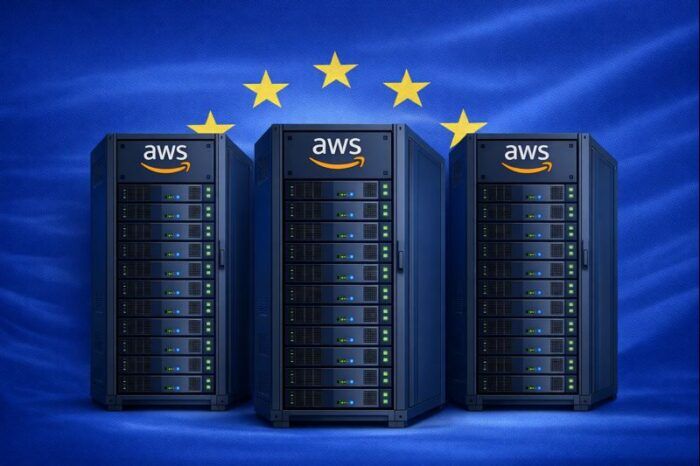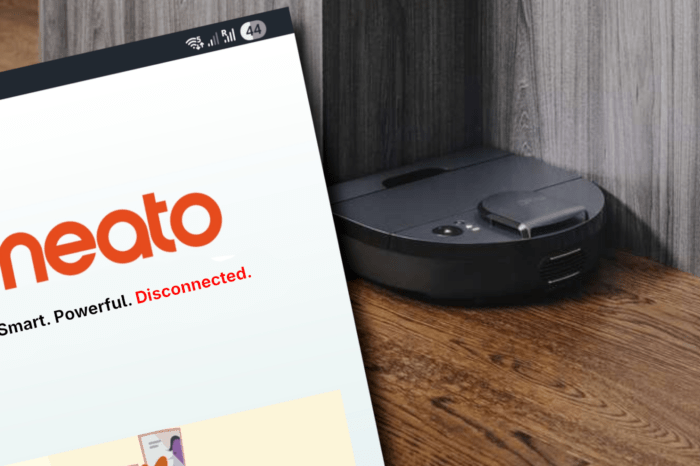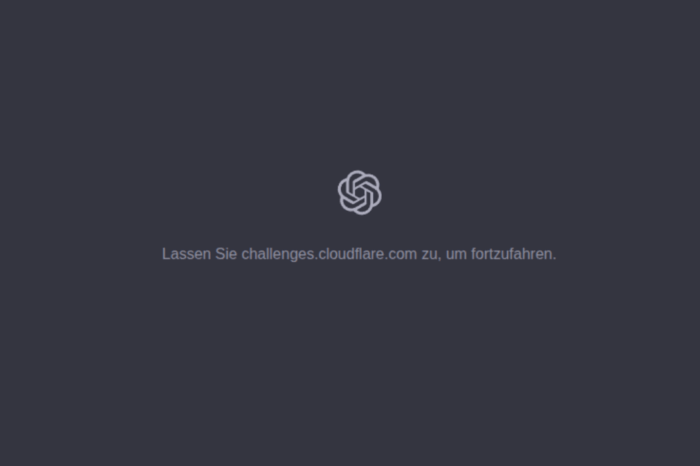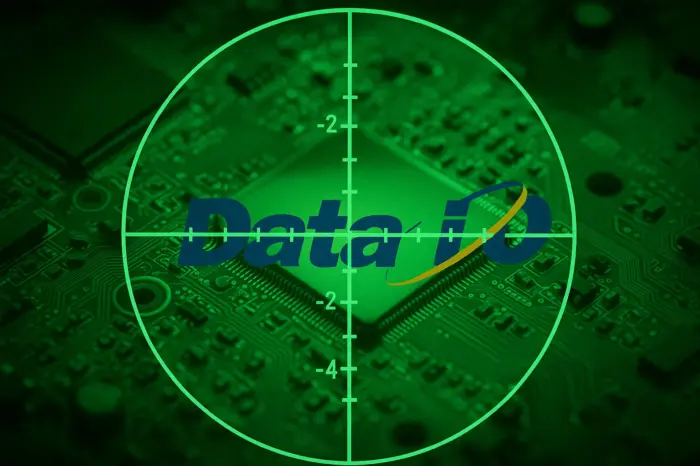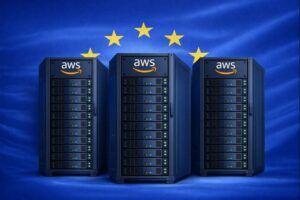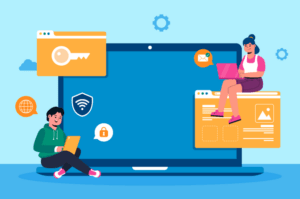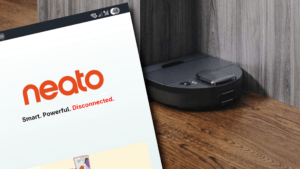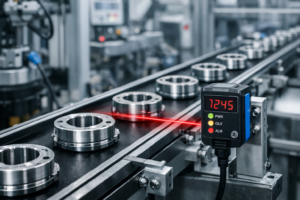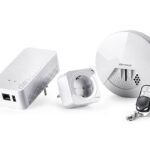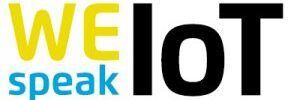Devolo Ends Its Home Control Smart Home System – Cloud Services to Shut Down by End of 2025
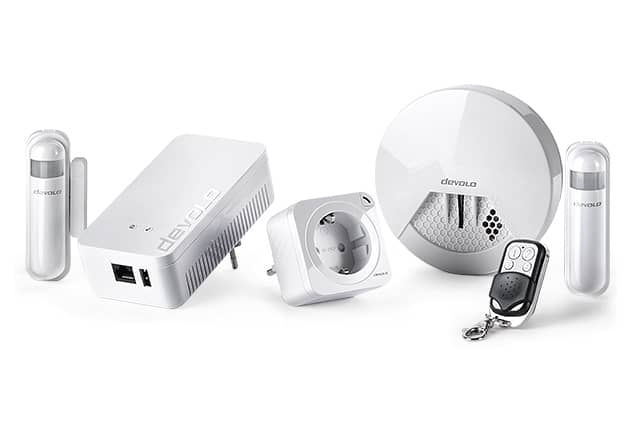
German networking specialist Devolo has announced that it will discontinue its cloud services for the Devolo Home Control smart home system at the end of 2025. From January 2026, the devices will only function in a limited offline mode. For many customers, this means the loss of key features such as remote access and voice control.
Founded in 2002 and headquartered in Aachen, Germany, Devolo is best known internationally for its powerline networking adapters, which bring internet connectivity into every room via the home’s electrical wiring. The company is active across Europe and beyond, with strong markets in Germany, Austria, Switzerland, the Benelux countries, and the UK. In addition to powerline and Wi-Fi solutions for private households, Devolo also develops broadband technologies for telecommunications providers and industrial networking solutions. The Home Control smart home platform, launched in 2015, was intended to complement this portfolio but will now be phased out.
Smart Home for Beginners
Launched in 2015, Devolo Home Control was designed as an easy-to-use entry-level smart home system. It was based on the Z-Wave wireless standard and offered a straightforward installation process: via app or the “mydevolo” web portal, users could integrate thermostats, motion sensors, switches, and other devices into automated routines. Cloud connectivity enabled remote access and integration with voice assistants, making it a popular choice for households looking for a plug-and-play solution.
Home Control: Impact of the Cloud Shutdown
Once the cloud servers are switched off on December 31, 2025, the system will lose much of its functionality. Existing automations such as timers or “if-this-then-that” routines will continue to run locally. However, users will no longer be able to change configurations, add new devices, or access the system via the app or web portal. Integration with Amazon Alexa and Google Assistant will also stop working. For those who primarily relied on mobile control, the system will essentially be frozen in its current state.
Devolo’s Strategic Shift
The company explained that it is refocusing its business. Instead of maintaining its smart home platform, Devolo will concentrate on its core strengths in home networking and industrial solutions, both of which are showing stronger growth potential. For Home Control customers, this means they will need to consider alternatives. Devolo has partnered with Cologne-based provider Rockethome to offer a migration service: for a fee of around €130 in the first year and about €8.50 per month thereafter, existing sensors and devices can be integrated into a new platform. Alternatively, more tech-savvy users may choose to migrate their Z-Wave devices to systems such as Home Assistant or Homey. However, this requires reconfiguring the system from scratch.
Cloud Dependency as a Weak Spot
This is not the first case where reliance on cloud services has become a problem in the smart home industry. When vendors shut down their servers, customers are often left with devices that only partially function. In contrast, several other vendors design their systems to work independently of the internet. Examples include Bosch Smart Home, Homee, Homematic, or AVM’s Fritz!Dect line. Even Ikea Trådfri can run offline. These approaches illustrate that a local-first architecture offers customers more long-term security.
Conclusion: Action Required by the End of 2025
For Devolo Home Control users, the clock is ticking. They can either continue with a frozen offline version of their system or migrate to another platform. What is certain is that Devolo itself is exiting the smart home stage. Instead, the company is doubling down on the networking and industrial markets that have long been its core business.



